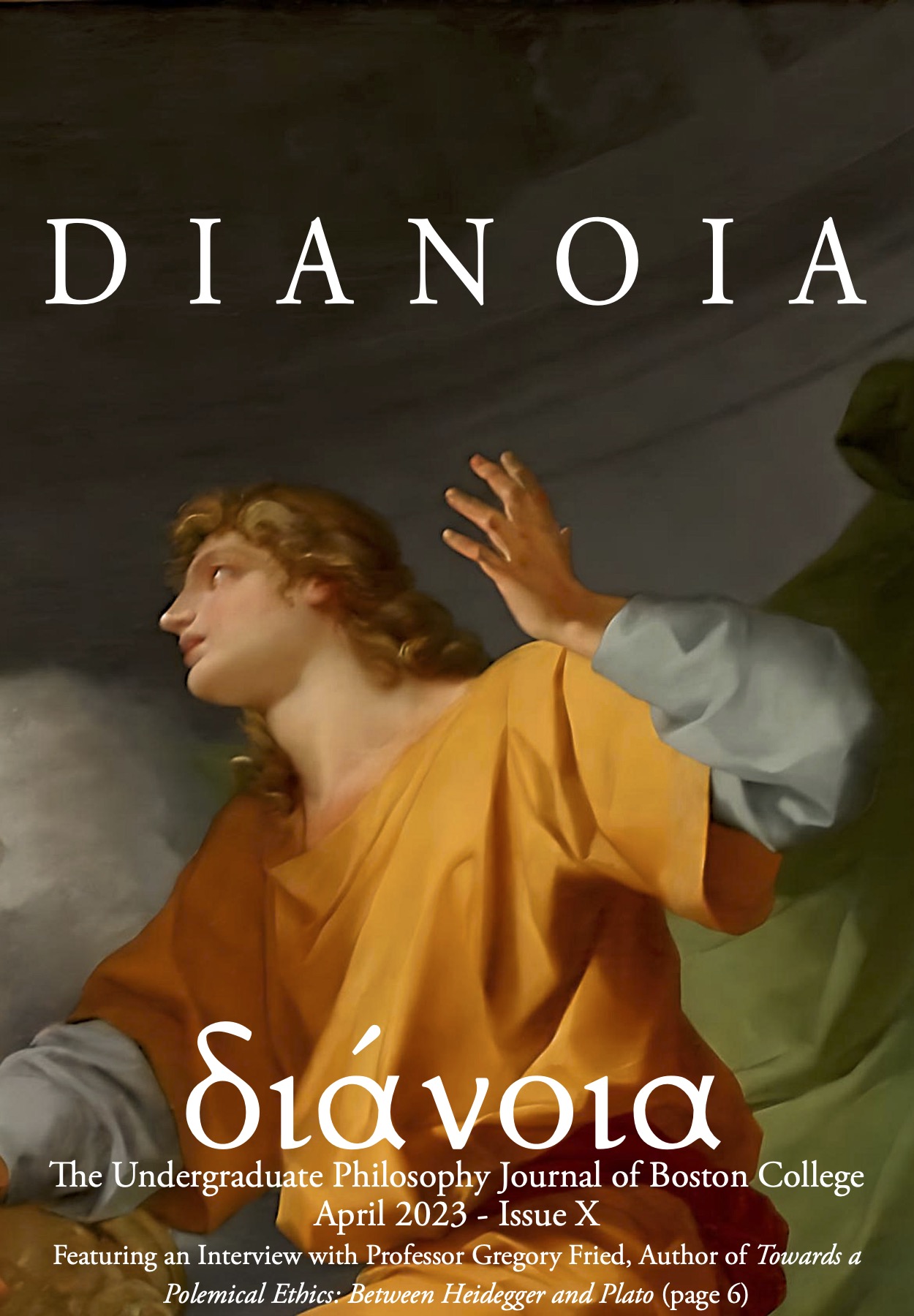Hermeneutics of Heraclitus
Allowing Concept Flux
DOI:
https://doi.org/10.6017/dupjbc.v0iX.16595Abstract
The article considers the philosophical potential of Heraclitean ambiguity and implications for how one might engage philosophically with Heraclitus. While works on Heraclitus most commonly offer new interpretations or dispute or add nuance to established interpretations, this work somewhat sidesteps interpretive disputes to consider the philosophical value and relevance of Heraclitus’s fragments themselves. Specifically, a hermeneutical tool proposed by William Desmond called a “companioning approach,” is supported. Desmond’s companioning approach is considered in the context of Pierre Hadot’s account of the history of hermeneutical practices to show that it merely defines and legitimizes a longstanding hermeneutical activity. Further, a recent work by A. V. Halapsis shows that Heraclitus’s ambiguity may have been a consequence of his anthropological commitments and that he may have intended to allow for something like a companioning engagement.
Downloads
Published
How to Cite
Issue
Section
License
Copyright (c) 2023 Trustees of Boston College

This work is licensed under a Creative Commons Attribution 4.0 International License.
Please navigate to the Copyright Notice page for more information.

